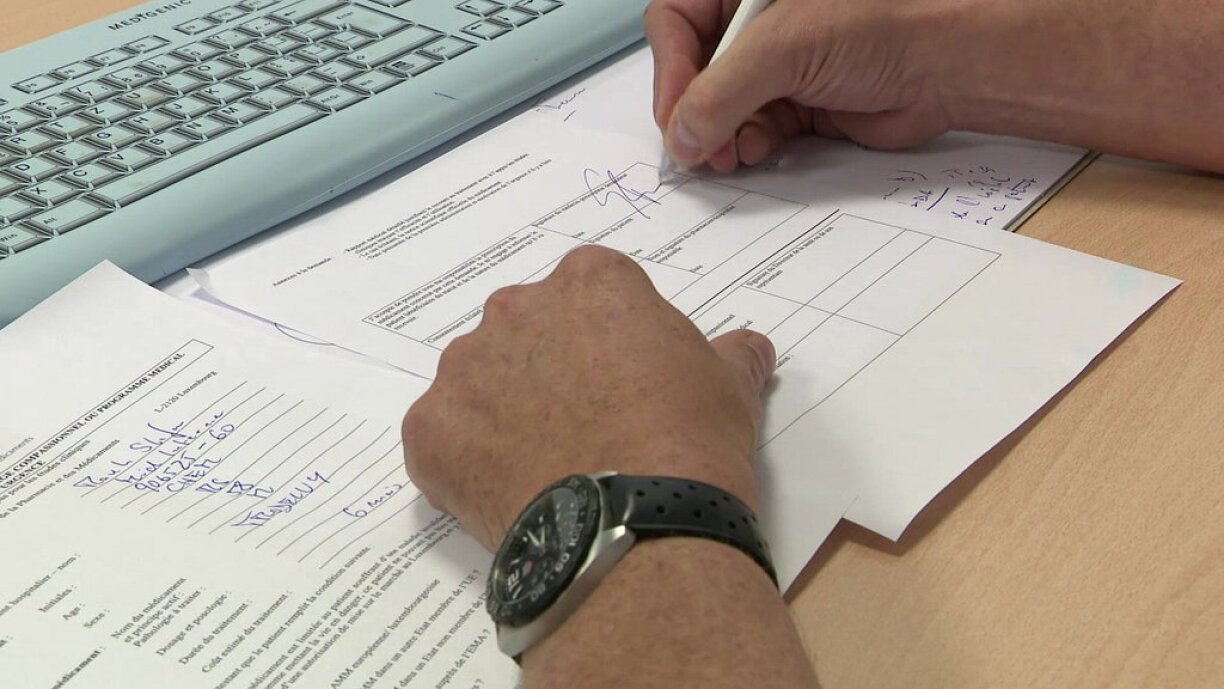
These delays have an especially negative impact on cancer patients and those suffering from rare diseases. In the past, Luxembourg had no problems bringing so-called “innovative medicines” to market fast. The Grand Duchy was ranked ninth out of 39 European countries in a recent study. However, “things have changed since October 2021,” laments Sonia Franck, a member of the board of the Innovative Medicines for Luxembourg (IML) association. Some forty innovative therapies are reportedly stuck in an administrative bottleneck. The Ministry of Social Security is allegedly at fault.
According to Franck, the delays are solely due to “administrative problems,” since “the Ministry of Social Security is waiting for a very, very long decision in Belgium before starting work here.”
Is this a cost-saving measure to relieve pressure on the National Health Fund (CNS) “No savings are being made on the backs of patients,” says Minister of Social Security Claude Haagen.
However, Belgium, from which Luxembourg obtains more than 90% of its medicine, has digitised its system. Luxembourg’s authorities require an official document from Belgium to estimate the cost of treatments. A screenshot of the new digital system is not enough, which means that the Ministry must wait for the official publication in Belgium. In some cases, this can result in up to nine-month delays before a new innovative medicine is available in Luxembourg.
Haagen assured our colleagues from RTL Télé that discussions with Belgian authorities are underway to find a solution, with the goal of introducing innovative medicines to the Luxembourgish market in a timely manner.
Even if a medicine is not yet available on the Luxembourgish market, a doctor can file an individual application for their patient. “We are happy that this procedure exists,” explains Dr Stefan Rauh, President of the Luxembourg Oncology Society. But not all doctors are necessarily aware of this. In addition, the individualised request is said to be time-consuming.
This is also confirmed by Grégory Gaudillot, President of the Luxembourg Association of Hospital Pharmacists (APHL). He thinks that the issue might put some patients at risk of not having access to these innovative medicines.
Rauh and Gaudillot both believe that it is difficult to assess how many innovative therapies that provide a clear benefit to patients are still pending and how many patients are concerned. Dr Rauh mentions two “gamechangers” – drugs that make a significant difference by increasing the life expectancy of certain patients with breast and lung cancer. Gaudillot, meanwhile, says that he is currently aware of three such medicines.
The full report by RTL Télé (in Luxembourgish and French):